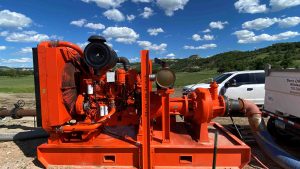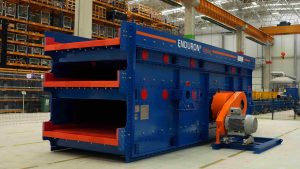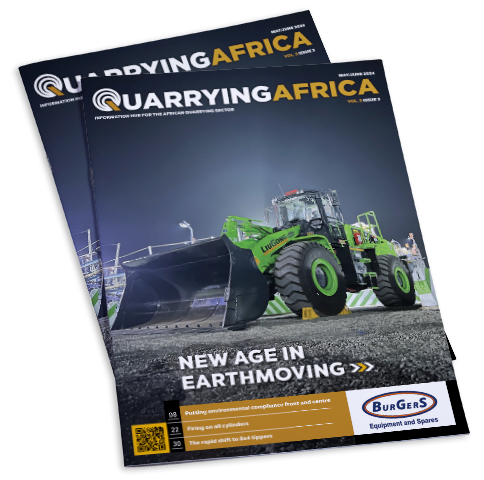While quarrying is undoubtedly an economically essential part of the modern economy, the adverse environmental impacts associated with this important industry cannot be ignored. As regulators and communities continue to demand that extractive industries place more emphasis on environmental issues, this might be the perfect time for quarries to start taking active steps on their environmental protection agenda.
Many quarries by nature are located close to communities. The existence of quarries near or even within the boundaries of urban centres is the cause of many environmental problems, despite their significant contribution to urban development. Given this proximity to communities, sustainability improvement therefore is no longer simply an option, but an imperative, for quarrying companies.
Quarrying can have a negative impact on surrounding environments, but in recent years, efforts have been made to make this industry more sustainable. At the forefront of this environmental revolution stands surface mining industry association, ASPASA, with its Environmental Audit designed to champion sustainable mining practices.
The long-running environmental auditing programme has recently been revamped to become an invaluable tool to assist mines and quarries to meet their Environmental and Social Governance (ESG) targets. The association believes that environmental compliance and ESG at large have become important components of the modern business environment and should therefore be high on the agenda of every organisation in the industry.
As local quarries seek to play their part in the circular economy, I have also seen a growing appetite for recycling. Quarrying Africa recently visited AfriSam’s Jukskei Quarry, where recycling, especially of readymix concrete waste, continues to grow in importance. This not only addresses environmental issues, but also allows the quarry to meet the growing demand for lower-spec material at a more economical cost of production.
While in the past there was some resistance from construction customers to using recycled aggregates, now the buyer barely bats an eyelid at the quality of the material. Due to affordability, the construction contracting fraternity is also buying down on quality of aggregates, which bodes well for recycled material.
Water is another sensitive environmental aspect that requires careful management at quarries. The world’s most essential commodity is, without doubt, water. Yet despite its critical significance to the global economy and to human life, water has for centuries been taken for granted, with the issue of water scarcity remaining largely neglected. As long ago as 2011, a report by the EIRIS Foundation noted that under a business-as-usual scenario at the time, water demand would outstrip supply by 40% by 2030. This had the potential to put US$63-trillion of global GDP at risk by 2050.
In an interview with the Mineral Policy Centre, renowned mining expert Dr James Lyon once said, “Water has been called mining’s most common casualty”. Mines and quarries use water for mineral processing, including comminution practices, classification by screening and hydrocyclones, dust suppression, slurry transport and employees’ needs, among others. One of the greatest challenges facing operations is the development and management of water resources. It is therefore essential that every single operation prioritises the most efficient control and management of valuable water resources in order to maximise proficient ‘use and reuse’ of every drop of water used in mining site operations. This would also minimise long-term environmental liabilities which could result from the mismanagement of water resources.
It is, however, encouraging to see that industries’ attitude towards water management has, in the past few years, improved significantly. Industry-led initiatives related to water risks have begun to gain momentum. Water plays an essential role in most mining and extractive processes, and responsible water management is a critical business case for the mining and quarrying sector at large.






